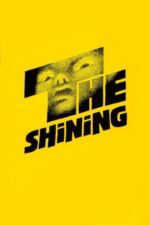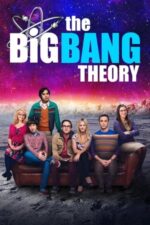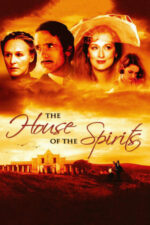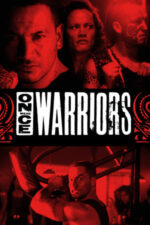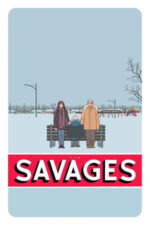The Quiet Rooms: Cinema's Difficult Dance with Domestic Violence
Hey everyone! So, I’ve been thinking a lot lately about how cinema tackles really tough subjects, and domestic violence is definitely one of those. It’s a topic that demands sensitivity, nuance, and frankly, a willingness to confront uncomfortable truths. It’s not always easy viewing, but it's vital we engage with these stories – both for understanding and, hopefully, for sparking change.
What makes depicting domestic violence in film so challenging is the need to avoid sensationalism while still conveying the reality of its impact. Too often, portrayals can fall into predictable tropes or exploit trauma for dramatic effect. But when done well, these films become powerful tools for empathy and awareness.
Take "Caged (In) and Out," for example. It’s a documentary that just resonates with authenticity. You feel the weight of silence, the fear, but also the incredible strength of the women involved and those working to support them. That's something I really appreciated – it wasn't just about showing the abuse; it was about highlighting the community response and the fight for justice. It reminded me a bit of how Ken Burns approached historical trauma in his documentaries - giving voice to lived experiences, letting the stories speak for themselves.
Then you have films like "Manas," which tackles this issue within a specific cultural context – the Amazon rainforest. The film’s power lies in its portrayal of generational cycles and the courage it takes to break free from them. It's a reminder that domestic violence isn't confined to any one place or demographic; it’s a global problem with deeply rooted societal causes.
"Personal Velocity," with its interwoven narratives, is another interesting approach. Each story explores different facets of power dynamics and the struggle for autonomy – sometimes subtle, sometimes overt. It’s not always about physical violence; emotional manipulation and control can be just as damaging. I think that's a crucial point often overlooked.
Now, you might be thinking, "Okay, this all sounds heavy." And it is! But films like “Montana Story” offer a different kind of exploration – how family trauma, even if not explicitly domestic violence, can leave lasting scars and impact relationships across generations. It’s about the unspoken pain that lingers in quiet rooms.
Ultimately, these films aren't just entertainment; they are invitations to conversation. They challenge us to examine our own biases, understand the complexities of abuse, and support survivors. And hopefully, inspire action towards a world where everyone feels safe and empowered.
What do you think? Have you seen any films that particularly resonated with you when exploring this difficult but important topic? I'd love to hear your thoughts!




















